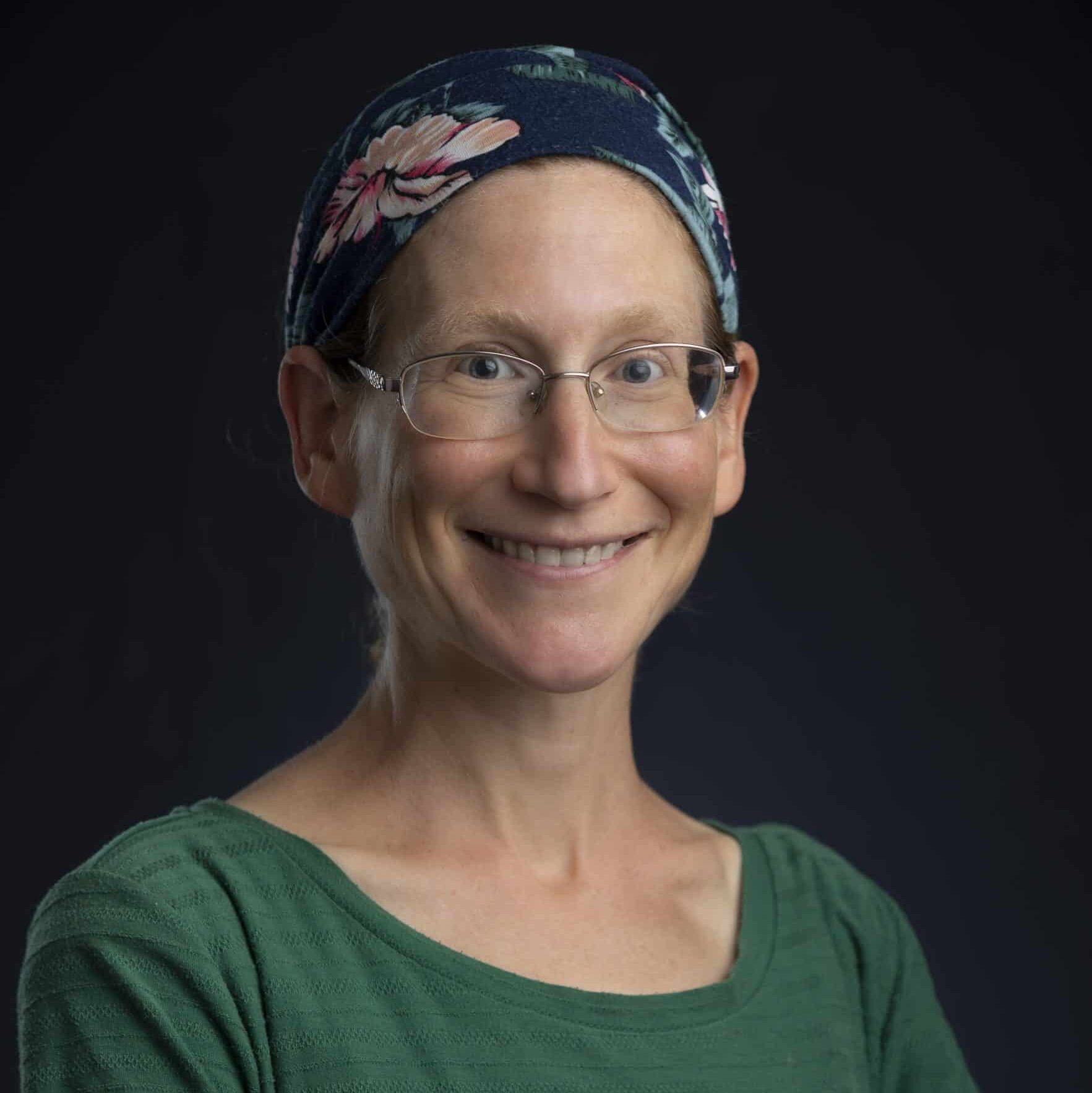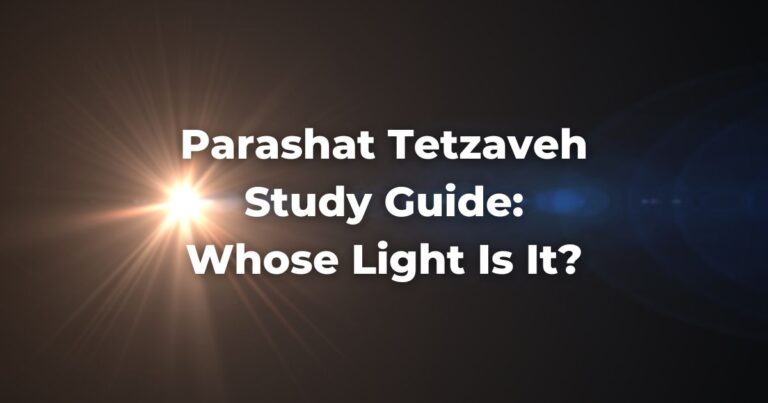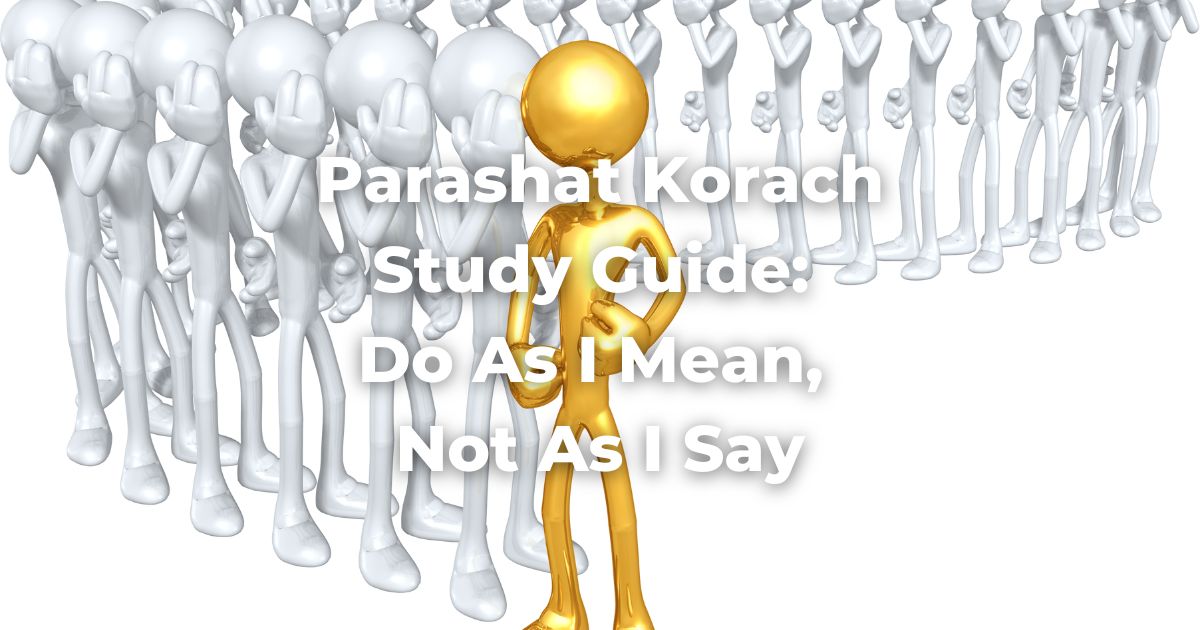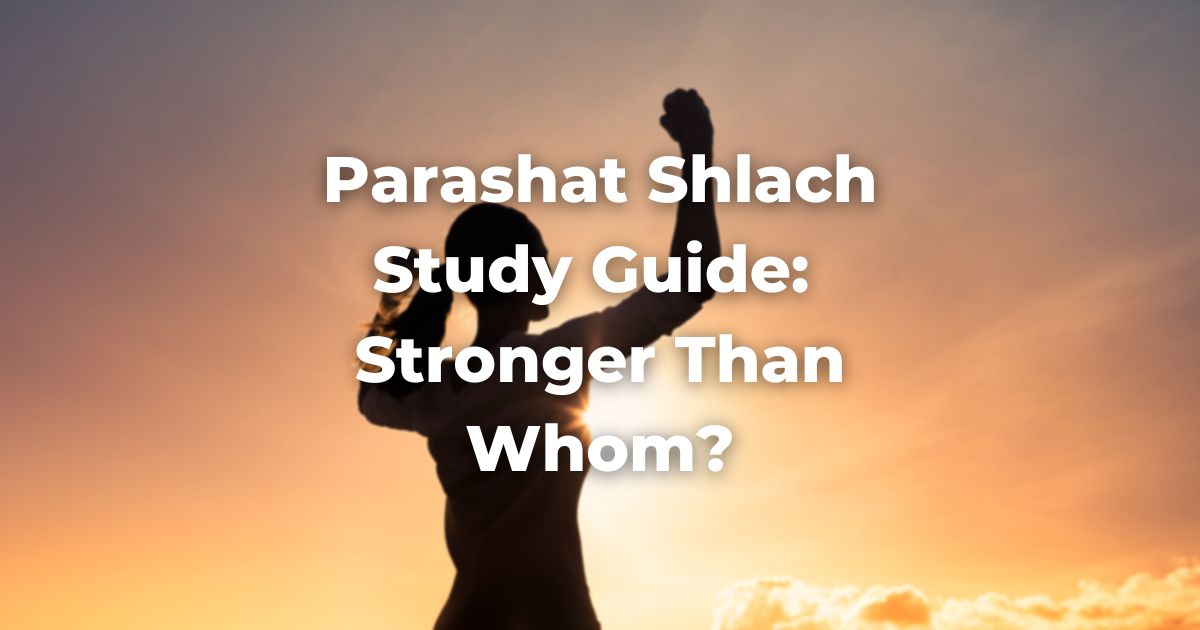When my son Matan was four years old, I brought him to the pediatrician for an annual check-up.
After a routine physical exam, the doctor moved on to the developmental part of the visit. The doctor showed Matan a series of cards, each of which depicted a scenario that Matan was supposed to explain. On one of the cards, a boy appeared to have just tripped and fallen, and his cup of water lay spilled next to him. Behind him was a large rock—presumably the object that had caused him to stumble. The doctor pointed to the boy, the rock, and the puddle of spilled water and asked my son what he saw.
Matan shrugged his shoulders matter-of-factly—this one was easy. “That’s Moshe,” he told the doctor, pointing to the boy. “He was supposed to talk to that rock to make the water spill out, but instead he hit it.”
On the one hand, my son had been tripped up by the card with the boy and the rock—this was not the answer the doctor was seeking. But Matan had also hit upon something, because he had remembered the Bible stories that I would tell him every night at bedtime, after we had closed the last book and turned off the lights.
Matan may not have passed the doctor’s developmental exam, but I was pleased to see that he was making strides in his TorahRefers to the first five books of the Hebrew Bible, the Tanakh, also called the Five Books of Moses, Pentateuch or the Hebrew equivalent, Humash. This is also called the Written Torah. The term may also refer to teachings that expound on Jewish tradition. Read more education.
Moshe Hits the Rock for Water
The midrashThis word is used in two ways, as both a concept and a literature. As a concept, midrash is the expansive interpretation of biblical texts. The term is used to describe the practice of rabbinic interpretation. As a text, it refers to specific collections of interpretations, particularly from the third to ninth centuries in the Land of Israel and Babylonia. Plural: Midrashim
Read more, too, connects the incident of Moshe’s hitting the rock in our parashah to the development and education of the young nation of Israel.
Our parashah recounts that when the people come to Kadesh, they find themselves once again without water to drink in the desert. They complain to Moshe, “Why did you make us leave Egypt to bring us to this wretched place, pomegranates? There isn’t even water to drink!” (Numbers 20:5).
God instructs Moshe to take his rod and assemble the people, and then speak to the rock so as to release its water. Moshe takes his rod and assembles the people as per God’s instructions, but rather than speaking to the rock, he strikes it, addressing his words to the people instead: “Listen you rebels, shall we get water for you out of this rock?” (Numbers 20:10).
In response, God punishes Moshe harshly—he is not allowed to enter the Promised Land.
God’s response to Moshe is unforgiving, and yet we can understand Moshe’s mistake.
Earlier in the people’s wilderness wanderings, in the book of Exodus 15:22-26, Moses had a similar experience just before the battle with Amalek, at a place that became known as Merivah. The people complained about the lack of water in the desert, and God instructed Moshe to strike a rock with his rod and then water would issue forth.
The incident at Kadesh in our parashah recalls the incident at Merivah, and so perhaps Moshe assumed that the second rock-water incident was merely a repeat of the first.
But the associations run even deeper, because the two parallel instances of Moshe striking the rock recall a formative moment in Moshe’s own development.
When he left Pharaoh’s palace as a young man and went out among his brothers in Egypt, he saw an Egyptian man beating a Hebrew. Moshe struck down the Egyptian and buried him in the sand. At first the act seems to have no immediate repercussions, much like the striking of the rock at Merivah in the book of Exodus—it lies dormant under the desert sands.
But then the next day, the episode nearly repeats itself when Moshe encounters one Hebrew hitting another: “Why do you strike your fellow?” (Exodus 2:13). The Hebrew man responds harshly: “Who made you the chief and ruler over us? Do you mean to kill me like you killed the Egyptian?” Moshe realizes that his murder of the Egyptian has become publicly known, and so he runs for his life.
As with the second incident of hitting the rock at Kadesh, this second incident critically shapes Moshe’s destiny: Moshe flees to Midian and encounters God at the burning bush, an experience that will launch him on his life’s mission.
The Second “Striking” Incident
In essence, then, Moshe’s mission begins and ends following a second “striking” incident—he becomes the leader of his people after nearly striking the Hebrew in Egypt, and he is told he will no longer merit to lead his people after he strikes the rock at Kadesh.
And yet the midrash (Tanchuma Numbers 20:7) suggests that it is not just the memory of these past “striking” incidents that leads Moshe to strike the rock rather than speaking to it in our parashah.
According to the Tanchuma, Moshe knew that God had told him to speak to the rock, but he was unable to heed God’s instructions above the incessant grumbling of the people. The midrash quotes the people as saying to Moshe, “Here is a rock. Just as you wish to bring water from another rock, you should bring it from this one.” Moshe was so worn down by the demands of the clamoring thirsty masses that he lost his patience and struck the rock instead of speaking to it calmly.
Teaching a Lesson
Another midrash teaches that God deliberately gave Moshe different orders in the book of Exodus and here in Numbers, because God wanted to teach a lesson to Moshe and the people.
The midrash teaches, “When a child is small, his teacher beats him to teach him, but when he has grown, he reproves him with words. Thus the Holy One, blessed be He, said to Moses: “When this rock was small, you struck it…but now, you must speak to the rock.” (Yalkut Shimoni Hukkat, par. 763).
Back in the book of Exodus, the Israelites were a young nation of recently-freed slaves accustomed to the use of brute force by their Egyptian taskmasters. But now if they are expected to become mature people living independently in their own land, they need to learn to “spare the rod” and rely on the power of words. The TalmudReferring to one of two collections, the Jerusalem and Babylonian Talmuds, edited in the 6th century, that contains hundreds of years of commentary, discussion, and exploration of the ideas in the Mishnah. One could describe it as Mishnah + Gemara = Talmud Read more (Berakhot 7a) discourages the use of physical blows to effect change, quoting from Proverbs (17:10): “A rebuke enters deeper into a man of understanding than a hundred lashes to a fool.” Words, when wielded properly, are a powerful tool.
I hope my son internalizes the lesson that words can speak louder than actions.
I think back to our visit to the doctor’s office, when he looked at the picture of the boy and the rock and thought immediately of Moshe in our parashah. I hope that all those nights of telling him stories from Torah continue to strike something deep inside him, causing Torah to well up from within.
See more: Parashat Chukat
Originally posted as part of the Conservative Yeshiva at the Fuchsberg Jerusalem Center’s Torah Sparks. Support Torah learning from the Fuchsberg Jerusalem Center/Conservative Yeshiva for leaders and seekers around the world here.
Authors
-

Ilana Kurshan teaches Talmud at the CY. She is the author of If All the Seas Were Ink (St. Martin’s Press, 2017) and Why is This Night Different From All Other Nights (Schocken, 2005). She has a degree in History of Science from Harvard and in English literature from Cambridge, and has worked in literary publishing both in New York and in Jerusalem – as a translator, a foreign rights agent, and as the Books Editor of Lilith Magazine. Since October 2020, Ilana has been a regular contributor to Torah Sparks, FJC’s weekly parashat hashavuah blog.
View all posts -



The Fuchsberg Jerusalem Center (FJC) is a home in the heart of Jerusalem where leaders and seekers can find an authentic place in Jewish tradition to call their own. FJC offers opportunities to study, pray and explore within an egalitarian and inclusive setting, creating multiple pathways for finding personal and communal meaning.
View all posts






